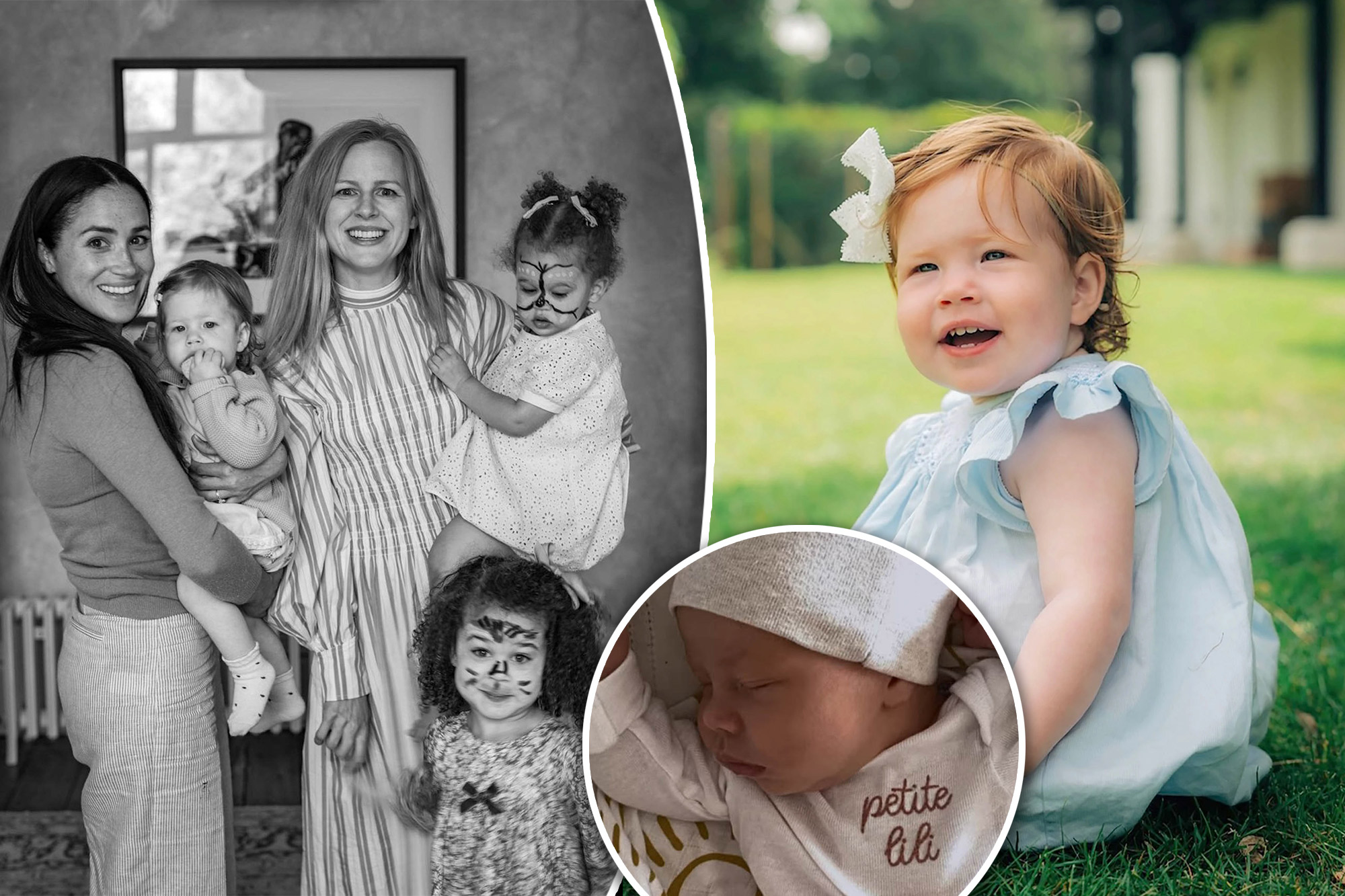Prince Harry's Daughter: A Heartbreaking Loss
In a tragic turn of events, the world has been shaken by the heartbreaking news of Prince Harry's daughter passing away. The royal family, known for its resilience and strength, now faces an unimaginable grief that resonates with many around the globe. This article delves into the circumstances surrounding this sorrowful event, the implications it carries for the royal family, and how society can come together to support those in mourning.
The loss of a child is a profound tragedy that few can comprehend, and for Prince Harry and his wife Meghan Markle, this moment is one that will alter their lives forever. As public figures, their grief is shared and witnessed by millions, sparking conversations on mental health, grief, and the importance of support during such dark times.
In this article, we will explore the impact of this loss not only on Prince Harry and his family but also on the wider community, discussing how we can learn from such tragedies and ensure that no one feels alone in their grief. From understanding the stages of grief to discussing ways to provide support, this piece aims to shed light on a subject that is often shrouded in silence.
Table of Contents
- Biography of Prince Harry
- The Loss of Prince Harry's Daughter
- Understanding the Grief Process
- How to Support Those in Mourning
- Impact on the Royal Family
- Public Reaction to the Tragedy
- Moving Forward: Healing After Loss
- Conclusion
Biography of Prince Harry
Prince Harry, born on September 15, 1984, is the younger son of Charles, Prince of Wales, and Diana, Princess of Wales. He has been a prominent figure in the royal family, known for his charitable work and dedication to various causes, including mental health awareness and support for veterans.
| Name | Prince Harry |
|---|---|
| Date of Birth | September 15, 1984 |
| Parents | Charles, Prince of Wales; Diana, Princess of Wales |
| Wife | Meghan Markle |
| Children | Archie Harrison Mountbatten-Windsor; Lilibet Diana Mountbatten-Windsor |
The Loss of Prince Harry's Daughter
In a shocking announcement, it was reported that Prince Harry's daughter, Lilibet Diana Mountbatten-Windsor, passed away unexpectedly. The circumstances surrounding her death have not been fully disclosed, leading to widespread speculation and concern. This tragic event has left the royal family and their supporters devastated, as they grapple with the loss of a beloved child.
Initial Reactions
The announcement of Lilibet's passing was met with an outpouring of grief from the public and fellow members of the royal family. Social media platforms flooded with messages of condolences, as people from all walks of life expressed their sorrow and support for Prince Harry and Meghan Markle.
Implications for the Royal Family
The death of a child is a profound loss that can affect family dynamics, and it is expected that the royal family will rally around Prince Harry and Meghan during this difficult time. Their handling of the situation may also influence public perception of the monarchy, as they navigate their grief in the public eye.
Understanding the Grief Process
Grief is a complex and deeply personal experience that affects individuals differently. Understanding the stages of grief can help friends and family support those who are mourning. The five stages of grief, as identified by psychiatrist Elisabeth Kübler-Ross, include:
- Denial
- Anger
- Bargaining
- Depression
- Acceptance
Each stage is a natural part of the healing process, and it’s important for those grieving to know that their feelings are valid.
How to Support Those in Mourning
Supporting someone who is grieving can be challenging but essential. Here are some ways to offer support:
- Listen without judgment.
- Offer practical help, such as cooking meals or running errands.
- Encourage them to share memories and feelings.
- Be patient; grief takes time.
Impact on the Royal Family
The royal family has long been a symbol of tradition and stability, and such a tragic event may test those foundations. It is likely that the family will come together to provide emotional support to Prince Harry and Meghan, emphasizing the importance of unity in times of despair.
Public Reaction to the Tragedy
The public's reaction to the news of Lilibet's passing has been one of overwhelming sympathy. Many fans of the royal family have taken to social media to express their condolences and support for the couple. This event has opened up discussions about grief and the public's role in mourning alongside public figures.
Moving Forward: Healing After Loss
Healing after such a significant loss is a journey that varies for each individual. It is crucial for those grieving to seek support, whether through therapy, support groups, or the love of family and friends. Allowing oneself to grieve is a vital step toward healing.
Conclusion
In conclusion, the passing of Prince Harry's daughter is a tragic event that has impacted not only the royal family but also the wider community. Understanding grief, providing support, and fostering conversations about mental health are essential as we navigate this difficult time. We encourage readers to reach out to those in need and to share their stories, as no one should feel alone in their grief.
We invite you to leave your thoughts and condolences in the comments below, share this article with others, and explore more on our site to understand how we can collectively support those experiencing loss.
Thank you for taking the time to read this article, and we hope you return for more insightful discussions and stories.
Article Recommendations
- Village Lantern Lindenhurst
- Who Is Gregory Harrison Married To
- Gore Video
- Movierulz 2024 Download
- Fresca Old Logo
- Sophie Rain Spider Video
- Queen Mary Propeller Room
- Nancy Mace Ex Husband Curtis Jackson
- Josh Allen Hailee Steinfeld Engaged
- Cheryl Casone Partner


